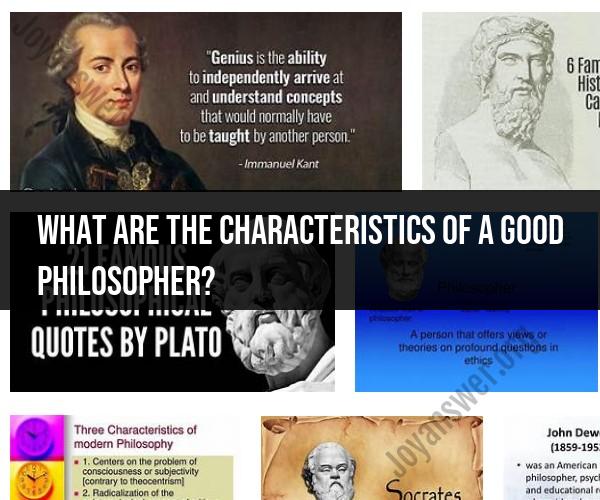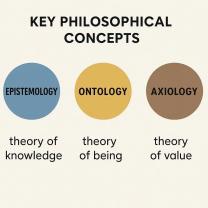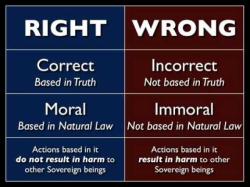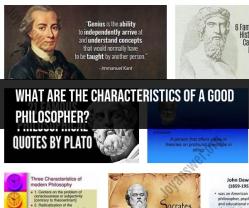What are the characteristics of a good philosopher?
Being a good philosopher requires a combination of intellectual abilities, personal qualities, and a commitment to rigorous and thoughtful inquiry. Here are some of the characteristics that are often associated with a good philosopher:
Critical Thinking: A good philosopher possesses strong critical thinking skills, which involve the ability to analyze, evaluate, and question ideas and arguments rigorously. They are adept at identifying logical fallacies and inconsistencies in reasoning.
Open-Mindedness: Philosophers should be open to considering a wide range of perspectives, even those that challenge their own beliefs. Open-mindedness allows for a more comprehensive exploration of philosophical questions.
Curiosity: Philosophers are inherently curious individuals who have a thirst for knowledge and a deep interest in fundamental questions about the nature of reality, existence, knowledge, and ethics.
Clarity of Expression: Good philosophers can articulate complex ideas clearly and concisely. They are skilled communicators who can convey philosophical concepts to both experts and non-experts in a way that is understandable.
Analytical Skills: Analytical thinking is crucial in philosophy. Philosophers are often tasked with breaking down complex problems into smaller, manageable parts, making it easier to analyze and understand.
Problem-Solving Abilities: Philosophy often involves grappling with difficult and abstract problems. A good philosopher is adept at formulating creative solutions and approaches to these problems.
Skepticism: Philosophers tend to be naturally skeptical, questioning assumptions and exploring the foundations of knowledge. This skepticism drives them to dig deeper and challenge conventional wisdom.
Ethical Integrity: Ethical considerations are integral to many philosophical discussions. A good philosopher is guided by ethical principles in their work and interactions with others.
Interdisciplinary Awareness: Philosophy often intersects with other fields such as science, mathematics, psychology, and ethics. A good philosopher recognizes these intersections and is open to drawing insights from various disciplines.
Persistence: Philosophical inquiries can be challenging and may not always yield immediate answers. A good philosopher demonstrates patience and persistence in pursuing answers and insights.
Historical and Cultural Awareness: An understanding of the history of philosophy and the cultural contexts in which philosophical ideas have emerged is important for placing contemporary debates in a broader context.
Collaboration: While philosophy often involves solitary reflection, collaboration with other philosophers and scholars can lead to richer insights and a more comprehensive understanding of complex issues.
Honest Self-Reflection: A good philosopher engages in introspection and self-examination, acknowledging their own biases and limitations. This self-awareness contributes to intellectual honesty.
Love of Wisdom: The term "philosophy" itself means "love of wisdom." A good philosopher is driven by a genuine passion for exploring profound questions and seeking wisdom, rather than simply seeking to win arguments.
Teaching and Mentorship: Many philosophers also engage in teaching and mentoring the next generation of thinkers. Sharing knowledge and fostering intellectual growth in others is a valuable aspect of being a philosopher.
It's important to note that different philosophers may emphasize different qualities to varying degrees, and there is no single template for what makes a good philosopher. The field of philosophy is diverse, and philosophers may specialize in different branches of philosophy, such as ethics, metaphysics, epistemology, or aesthetics, each of which may place different demands on a philosopher's abilities and traits.
Here are some characteristics of a good philosopher:
- Intellectual curiosity: Philosophers are always asking questions and seeking to learn new things. They are curious about the world around them and the human condition.
- Critical thinking skills: Philosophers are able to think critically about complex issues. They are able to analyze arguments, identify fallacies, and draw their own conclusions.
- Open-mindedness: Philosophers are open to new ideas and perspectives. They are willing to consider different viewpoints and challenge their own assumptions.
- Rigor: Philosophers are rigorous in their thinking and writing. They are careful to define their terms, to state their arguments clearly, and to provide evidence to support their claims.
- Clarity: Philosophers are able to communicate their ideas clearly and concisely. They are able to explain complex concepts in a way that is understandable to others.
In addition to these general characteristics, good philosophers also have a deep understanding of the history of philosophy and the major philosophical theories. They are able to engage in thoughtful and respectful dialogue with other philosophers, even if they disagree with them.
Here are some additional qualities that can make a philosopher effective:
- Creativity: Philosophers are creative in their thinking and approach to problems. They are able to come up with new and original ways of thinking about the world.
- Imagination: Philosophers use their imagination to explore different possibilities and to understand the perspectives of others.
- Passion: Philosophers are passionate about their work. They are driven by a desire to understand the world and to make a difference in it.
Good philosophers are also able to apply their philosophical skills to real-world problems. They are able to think critically about ethical and political issues, and to develop creative solutions to complex problems.
By striving for these characteristics, you can become a more effective philosopher and make a significant contribution to the field.












